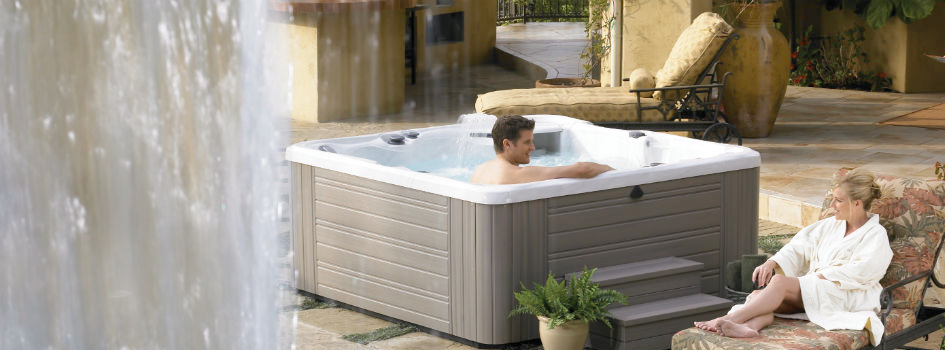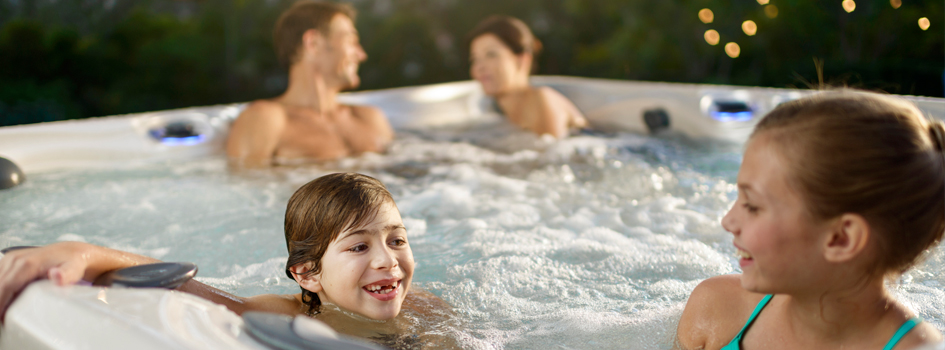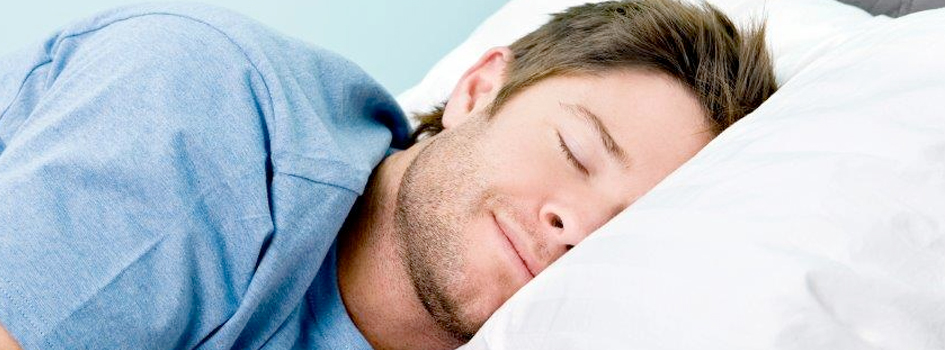
We truly believe it will. At Caldera Spas, we believe it because we live it, and 20-minute renewal is part of our daily lives.
From personal experience, we believe that 20-minutes a day can help you release tension, relax muscles and let go of all the clutter in your head.
Science seems to concur. Recently, studies have emerged on the effects of spa use—also called warm water immersion—particularly in 20-minute intervals.
Two researchers—Dr. Bruce Becker of Washington State University and Dr. Doreen Stiskal of Seton Hall University—have focused studies around 20-minute sessions. According to Dr. Stiskal, “the body gains the maximum benefit of warm water therapy within 20 minutes.”
Dr. Becker has conducted many studies, all focusing on immersion of 20 – 24 minutes with a temperature range of 94°– 102°. His observations include the following:
- The buoyancy of the water relieves gravity and takes pressure off joints, providing relief to arthritis sufferers.
- Immersion in water makes the respiratory muscles work harder by 60{d08558500d8945c62f975d7fb1313ca24132852f79c1e304564c6cb4e5b45d98}, strengthening and building endurance in the muscles associated with breathing.
- A 20 – 24 minute warm water immersion affects the nervous system in much the same way as meditation. Dr. Becker’s research points to 20 minutes as the ideal length of time spent immersed. Soaking longer is fine, but the benefits don’t increase after 20 minutes. As always, be sure to stay hydrated no matter how long you decide to stay in.
We suggest you try using your hot tub daily and consistently for a week or more and pay attention to how you feel, how you think, whether you feel more flexible and relaxed. After all, the results of your own personal investigation are what matter most.
Whether you pay attention to them or not…you’ve got about 600 muscles. They reward you when they are warm and nourished, and seem to punish you when they’re not. Bottom line, how you care for your muscles will likely determine how ‘young’ you live…or how old you act. Learn more with Scott Iverson.
To learn more, spend a little time looking at the resource links below:
- http://www.arthritistoday.org/about-arthritis/arthritis-pain/pain-relief…
- http://www.calderaspas.com/health-wellness/20-minute-renewal/power-water…
- http://aquamagazine.com/content/post/Selling-the-Benefits.aspx
- http://aquamagazine.com/content/post/Proof-What-Science-Knows-About-Aqua…
- http://www.poolspaoutdoor.com/hot-tubs-swim-spas/hot-tubs-spas/articles/…
- http://www.athleticbusiness.com/aquatics/research-lends-support-to-long-…
- http://www.humankinetics.com/excerpts/excerpts/studies-explore-effects-o…
- http://www.aquaticcare.net/article4.htm
Ask yourself these 3 questions…
- Yes or no – do you think 20 minutes in a spa each day would relax and rejuvenate you?
- Can you spare 20 minutes per day in your hot tub?
- What daily activities do you perform just for you?




